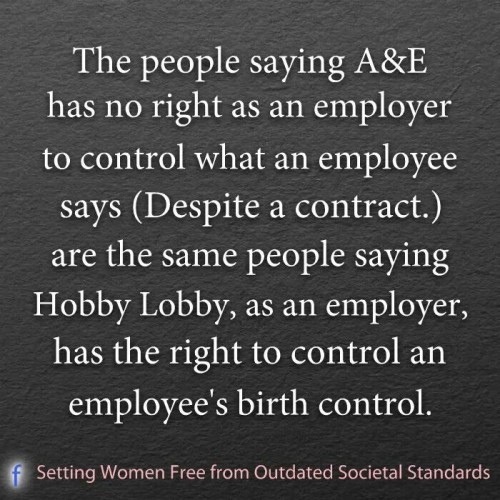 Wednesday morning hypothetical:
Wednesday morning hypothetical:
- Corporations are “persons,” according to the U.S. Supreme Court and various political and media figures.
- Corporations (and other artificial business entities) have certain rights under the Constitution, a matter upon which the major disagreement is the extent and breadth of said protections.
- Corporations operating in a market economy seek advantages and dominant positions over competitors, with the aim of maximizing profits.
- Corporations sometimes embark on campaigns to improve their own products, services, or value to customer; lower prices; or gain other advantages in local, regional, national, and transnational markets. The effect of such campaigns is, at times, the bankruptcy or closure of rival businesses.
- In some cases described in #4, the rival business ceases to exist.
- Businesses may intend to drive a competitor out of business, but at a minimum, they embark on business campaigns with the knowledge that closure of a rival business is likely to result.
- In jurisdictions that define murder as intentionally causing the death of another person, is a business in this situation guilty of murder? In jurisdictions that define manslaughter as knowingly, recklessly, or negligently causing the death of another person, would that statute apply?
Just a thought I had. Texas defines criminal homicide (murder and manslaughter) as involving the death of an “individual,” and defines “individual” as a “human being,” Tex. Pen. Code §§ 19.01(a), 1.07(a)(26), so corporations here are probably safe. I can’t speak for other states, though. Discuss.
Photo credit: jlpeterson from morguefile.com



 Wednesday morning hypothetical:
Wednesday morning hypothetical: